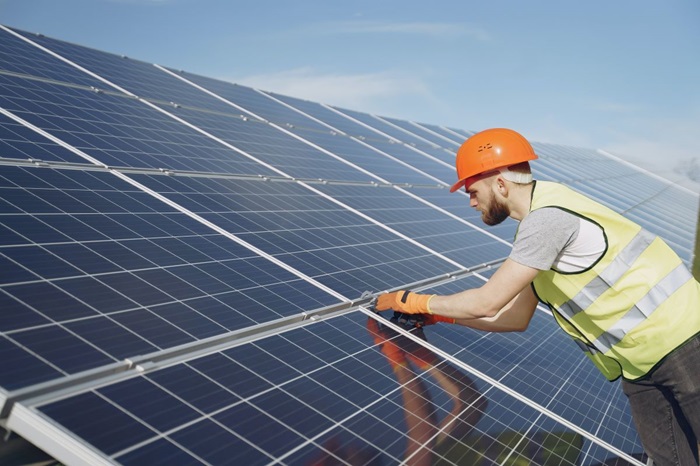The Association of Energy Consumers and Communities in Romania (APCE) warns that a bill currently under debate in Parliament could allow the state to remotely control or even shut down citizens’ photovoltaic systems.
The legislative initiative B432/2025, filed by 25 parliamentarians – mostly from the PSD party – provides for „the introduction of technical cybersecurity rules” and „the priority dispatch” of energy produced from renewable sources by prosumers and small producers under 1 MW.
The state could "shut down" panels via the Internet
According to APCE, "dispatching prosumers" means the possibility for the state or the network operator to reduce or stop the production of photovoltaic installations via the Internet or through a software interface connected to the inverter.
The National Cyber Security Directorate (DNSC), an institution that, according to APCE, "does not have competencies in the energy field," would be responsible for establishing technical rules and being able to control the operation of the installations.
APCE considers this initiative to be "a serious deviation from the principles of the free market" and a direct interference in private property.
"An idea that would raise smiles in any European capital"
The Association points out that Romania would become "the first country in the world to attempt to limit or stop prosumers at will." Currently, there are over 330,000 inverters operating in the country, coming from 77 manufacturers and totaling 4,100 different models.
"To centrally control hundreds of thousands of individual production devices, different in software and architecture, is technically impossible. It's an idea that would raise smiles in any European capital, including Brussels," APCE representatives say, emphasizing that no EU member state applies such a system. The only partial exception is Lithuania, where only large inverters, over 100 kW, in industrial parks are audited.
According to APCE, the true stake of the initiative is economic: "During peak solar hours, Romania faces excess production, and the law requires suppliers to take over the energy delivered by prosumers. The parks of major companies are then stopped by Transelectrica dispatchers, causing financial losses. The parliamentarians' initiative comes to their aid, trying to stop or limit the production of prosumers."
Violation of European directives and GDPR
APCE lists four European legislative acts that the project would violate:
- Directive (EU) 2019/944 on the freedom of prosumers;
- Directive (EU) 2018/2001 (RED II) on the energy self-sufficiency of citizens;
- Regulation (EU) 2023/2854 – Data Act, which states that data belongs exclusively to prosumers;
- Regulation (EU) 2016/679 – GDPR, which prohibits unauthorized access to equipment and personal data.
Moreover, the measure could be considered illegal access to computer systems, according to articles 360-364 of the Penal Code, if done without the owner's consent.
APCE threatens legal action and notification to the European Commission
In an open letter sent to parliamentarians and the Competition Council, the association demands the rejection of the legislative initiative B432/2025, which they consider "technically unfounded, impossible to achieve, and non-compliant with European legislation."

